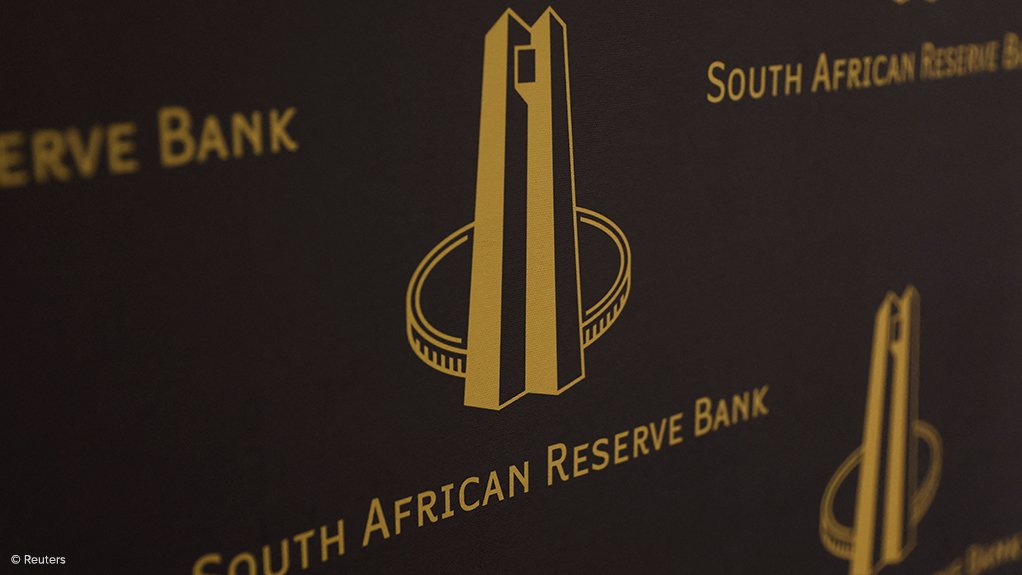Growing geopolitical tensions and global policy uncertainty are among the biggest risks facing South Africa’s financial industry, the central bank said.
The nation is vulnerable to spillover effects from trade-related tensions and international conflicts because of the limited extent to which it can mitigate them, the South African Reserve Bank said in its biannual Financial Stability Review.
Since US President Donald Trump came to office, he’s unleashed tariffs on everything from steel to autos and threatened to impose reciprocal levies on trading partners who fail to agree a trade deal with America by July 9. In addition, a conflict between Israel and Iran that erupted last week has led to a surge in oil prices.
The uncertainty caused by these events has led central banks to refrain from cutting interest rates, at the same time as investors have shifted away from riskier financial assets.
That’s increased South Africa’s risk of rapid capital outflows, the central bank said. A material sell-off in rand-denominated government bonds may raise state borrowing costs and undermine fiscal sustainability, it said.
Stress Tests
Meanwhile, the Sarb concluded the country’s first ever climate risk stress test of systemically important South African banks. It found that Absa, Capitec Bank, FirstRand, Investec, Nedbank and Standard Bank are reasonably well positioned to assess their vulnerability to climate risks.
“Some challenges remain, specifically around data gaps and modelling capabilities” it said.
According to the report, participant banks categorised 68% of their total credit exposure as non-climate sensitive and 32% as climate sensitive by the end of 2023.
EMAIL THIS ARTICLE SAVE THIS ARTICLE FEEDBACK
To subscribe email subscriptions@creamermedia.co.za or click here
To advertise email advertising@creamermedia.co.za or click here











